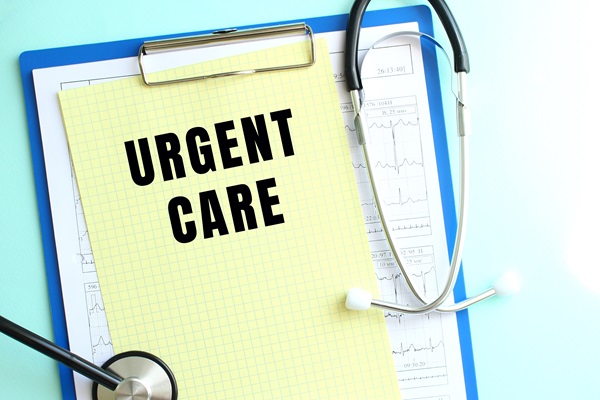The Common Cold and Decongestants

Another irritating common cold symptom is congestion of the nasal passages. In some cases, nasal congestion can be so bad that a visit to the urgent care clinic must happen right away. The facility can use nasal decongestants to help you breathe better. If you want to know more about the common cold and nasal decongestants, here are the details.
Colds and nasal congestion
The stuffy feeling in the nose while dealing with a common cold is nasal congestion. Healthcare providers refer to this as rhinitis. This symptom makes breathing difficult. The lack of proper oxygenation results in tiredness.
The inflammation of the nasal passages results in minimal airflow. It also makes it almost impossible to remove the mucous out of the nose. This results in the mucous buildup. Suctioning the mucous is often the most immediate way to clear the nasal passages. Taking nasal decongestants at home can also help with this symptom.
What nasal decongestants are
Nasal congestion happens because of allergies, sinusitis, or a common cold virus. Decongestants can relieve the stuffiness from a common cold. These medications come in liquid or pill form. They are also available in drops and nasal sprays.
Using decongestants should not exceed three days. This is to avoid becoming dependent on them. Dependency on these medications will result in a rebound effect. This means the nasal passages will become stuffy again once the person stops using them.
How decongestants function
The body can sense if there is an infection in the nose. It sends more blood to the tiny blood vessels in the nose to help fight the infection. The increase in blood flow leads to the swelling of tissue and blood vessels in the nose. The nose becomes stuffy. The individual then finds it difficult to breathe.
Taking decongestants can help this situation. Decongestants narrow the blood vessels in the nasal passages. This shrinks the nasal tissue. Air can then pass through with ease.
Side effects in taking decongestants
Decongestants can help with the common cold, but there are side effects to consider. Temporary sleeping issues, nervousness, and dizziness can happen while taking these medications. High blood pressure and palpitations can also happen. Going to an urgent care facility is ideal if there is any question before taking decongestants.
Those who should not take decongestants
A person with uncontrolled high blood pressure cannot take decongestants. The urgent care clinic will need to provide the individual with an alternative to this medication. The same will apply to those who have diabetes, thyroid problems, and glaucoma. Children below six years old should not take this medication at all. They can have the following alternatives:
- Cool-mist humidifier to moisten the throat and nose
- Saline drops or sprays to help loosen mucous
- Bulb syringe for removing mucous from the nose
Using decongestants for common cold can improve your breathing
Nasal congestion is a common symptom in colds. It is when the nasal tissues and swell up and close up the passages. This makes breathing and mucous removal difficult. Decongestants can help relieve this common cold symptom.
Get more information about Texas Urgent Care & Imaging Center in New Caney at https://tx-urgentcare.com.
Check out what others are saying about our services on Yelp: Read our Yelp reviews.
Recent Posts
Minor injuries and illnesses happen. Thankfully, patients may visit an urgent care for help from a trained doctor. Not only do these facilities offer a range of healthcare services, but they are also a great option for patients with or without insurance. Reading up on their many benefits can help determine if a trip to…
Flu shots protect children from common strains of influenza. No one wants to be stuck in bed dealing with the symptoms of this common illness. A flu shot can help prevent complications and reduce the chances of catching the flu in the first place. A primary care or urgent care doctor can further discuss the…
Consulting your primary care physician, or "PCP," regularly can help ensure good health. This typically means every three years for most healthy adults under age 50. After your 50th birthday, annual physicals are advised. But what if you have a minor illness? It can be difficult to tell whether you should visit your PCP. This…
Immunizations are an important part of primary care. Not only can they help prevent illness, but they can also reduce the chance of complications should you get sick. Whether you want to get ahead of flu season or whatever else may come your way, your primary care doctor can provide the vaccinations you need.When many…


